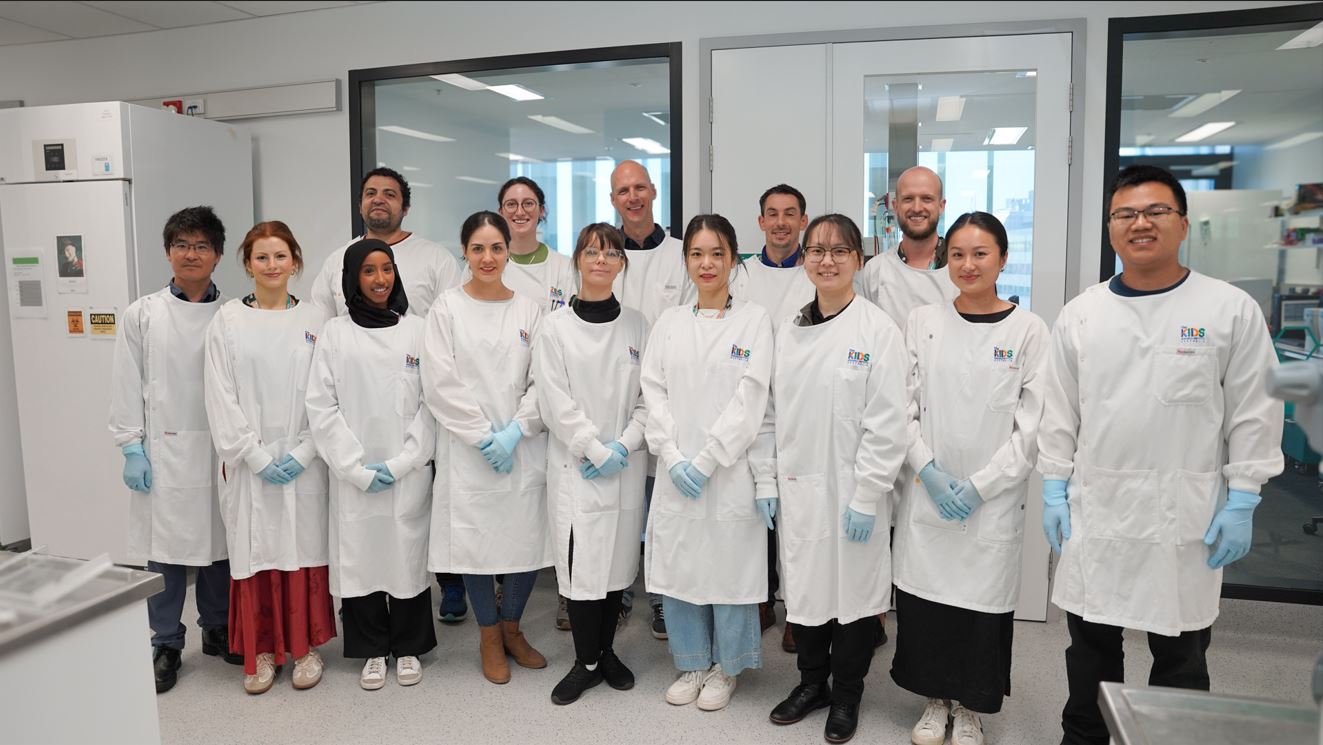Search
Research
Allergy, inflammation, hepatopathy and coagulation biomarkers in dogs with suspected anaphylaxis due to insect envenomationThis was a single center prospective clinical observational comparative biomarker study that included 25 dogs with anaphylaxis (evidence of insect exposure, acute dermatological signs, and other organ involvement), 30 dogs with other critical illness, and 20 healthy dogs.
Research
Protection against severe infant lower respiratory tract infections by immune training: Mechanistic studiesResults from recent clinical studies suggest potential efficacy of immune training (IT)-based approaches for protection against severe lower respiratory tract infections in infants, but underlying mechanisms are unclear.
Research
LUMOS - Low and Intermediate Grade Glioma Umbrella Study of Molecular Guided TherapieS at relapse: Protocol for a pilot studyIntroduction Grades 2 and 3 gliomas (G2/3 gliomas), when combined, are the second largest group of malignant brain tumours in adults. The outcomes for G2/3 gliomas at progression approach the dismal outcomes for glioblastoma (GBM), yet there is a paucity of trials for Australian patients with relapsed G2/3 gliomas compared with patients with GBM.
Research
Protocol of DREAM3R: DuRvalumab with chEmotherapy as first-line treAtment in advanced pleural Mesothelioma-a phase 3 randomised trialThere is a strong theoretical rationale for combining checkpoint blockade with cytotoxic chemotherapy in pleural mesothelioma and other cancers.
Research
Spitz Melanoma of Childhood With A Novel Promoter Hijacking Anaplastic Lymphoma Kinase (C2orf42-ALK) RearrangementWe present the case of a prepubescent man of African descent who developed a spitzoid melanocytic proliferation showing evidence of a novel promoter hijacking ALK-C2orf42 rearrangement, with atypical histology, clinically apparent metastatic disease, and abnormal cytogenetic findings, representing a rare genuine case of "Spitz melanoma of childhood."
Research
Directing the future breakthroughs in immunotherapy: The importance of a holistic approach to the tumour microenvironmentImmunotherapy has revolutionised the treatment of cancers by exploiting the immune system to eliminate tumour cells. Despite the impressive response in a proportion of patients, clinical benefit has been limited thus far.
Research
Platelets after burn injury–hemostasis and beyondBurn injuries are common and often life-threatening trauma. With this trauma comes an interruption of normal hemostasis, with distinct impacts on platelets.

We aim to discover and develop safer and more effective treatments by doing inventive and rigorous research to improve outcomes for kids with cancer.
Research
Renal Masses in Childhood: An Australian PerspectiveChildhood renal masses comprise a heterogeneous group of conditions that have a wide range of presentations. This review outlines an approach to the diagnostic work-up of childhood renal masses and discusses the most common presentations and treatments. Renal tumours make up 5% of childhood cancer in Australia, with Wilms tumour being the most common under age 10 years.
Research
Protocol for delivery of intraoperative immunotherapy to mice by surgical debulking of subcutaneous tumorsPre-clinical studies developing novel therapies to prevent cancer recurrence require appropriate surgical models. Here, we present a protocol for surgical debulking of subcutaneous tumors in mice, which allows for intraoperative application of immunotherapy-loaded biomaterials.
